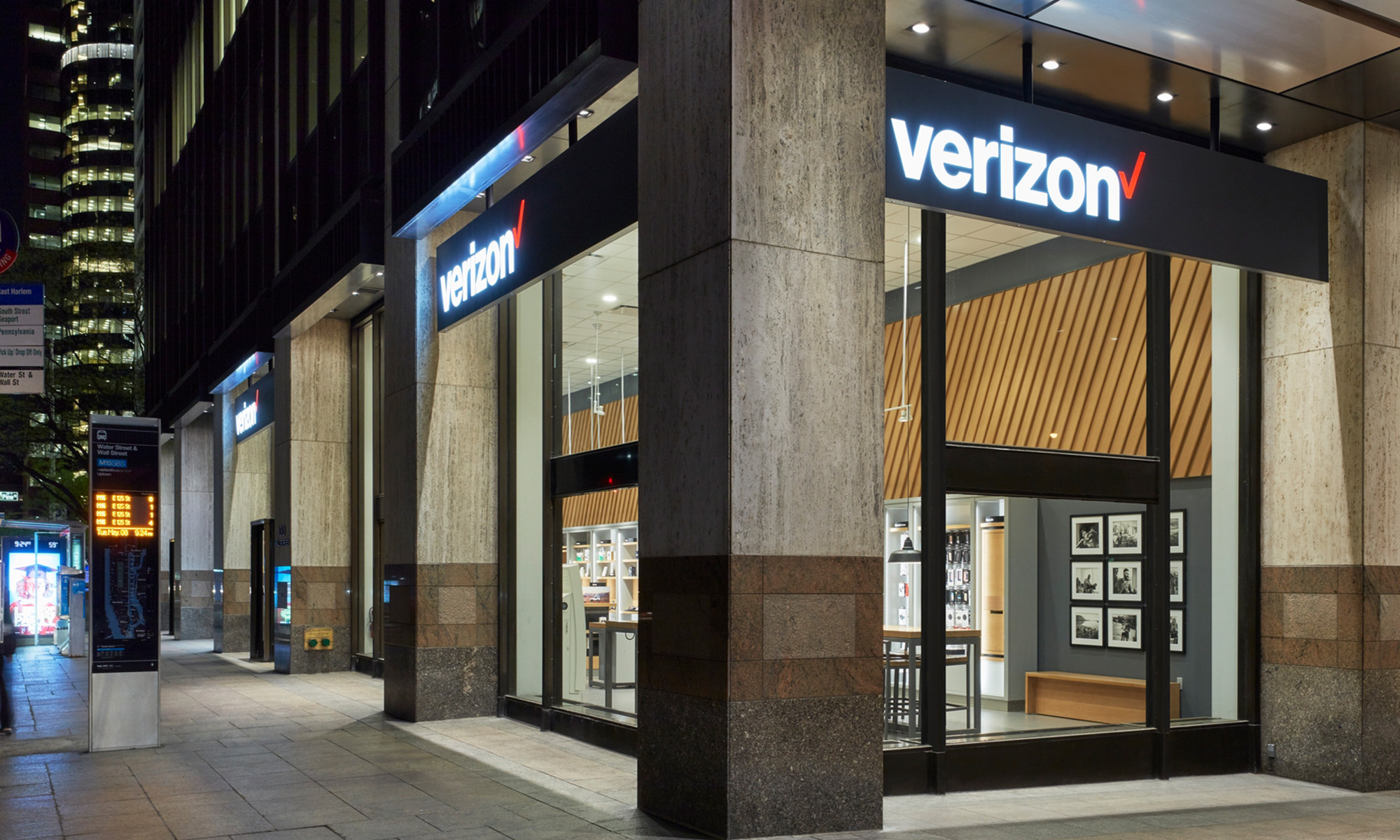Vodafone (VOD +1.48%) is currently entangled in a very interesting special situation. It owns a 45% stake in Verizon Wireless, a joint venture with Verizon (VZ +0.31%). Verizon has been interested in acquiring the asset for some time, but 2013 may be the year that it finally has to. With that as preamble, my Special Situations portfolio will buy options in Vodafone on the next market day.
The special situation
The business of Vodafone is well-known, so let's not waste much time in running through it. The company is a well-diversified global player, with stakes in a variety of telecom franchises. The best of those is its 45% interest in Verizon Wireless, which produced $29.7 billion in EBITDA last year. After years of paying down debt, Verizon Wireless has begun making distributions the last couple years.
But for Wireless, placing the dividend on hold wasn't just about paying down debt. For years, Verizon tried to use its controlling stake in Wireless to skip distributions in order to force Vodafone out at a cheap price. But now the call's on the other line.
What I mean is that, while Vodafone still has its minority stake, it's in much less dire need of those payouts from Wireless to maintain its 5.2% dividend yield. Verizon, on the other hand, really does need those Wireless payouts in order to keep funding its own dividend. So while Verizon has the control stake in Wireless, Vodafone isn't under the same pressure to cut a deal. That should lead to a better price, and Verizon has been looking to make a deal for at least two years, so it's running out of time.
What form would a deal take? A buyout of Wireless and a full takeover have been rumored, though I think other possibilities exist. A full buyout might be the best option, since it removes the tax leakage that may come with selling off the Wireless stake. But I suspect this move would not give shareholders full value for the non-Wireless component of Vodafone.
But wouldn't a sale of the Wireless stake create a lot of tax leakage? Some have estimated that a sale would cost Vodafone $20 billion in taxes, and therefore have objected to a sale in favor of a full buyout. But there does seem to be a legal means to avoid that issue, as this Bloomberg article discusses.
In addition, why wouldn't both sides consider a spinoff? That could get Vodafone and shareholders out of the tax issue, and while there would likely be a two-year waiting period on any buyout (to avoid these same tax consequences), Verizon would still control the asset and retain the ability to buy it out later. Of course, there may be other constricting legal and tax consequences that I'm not aware of.
Regardless of what form a transfer of ownership takes, Verizon Wireless is a valuable asset in its own right. If you buy Verizon, you're paying a lot for Wireless; if you buy Vodafone, you're paying little or nothing for that stake.
Verizon is already valued at 7.8 times EBITDA. The highest-quality part of its business is Wireless, so why should that go for less than 8 times EBITDA? With nearly $30 billion in EBITDA, Wireless should be worth at least $240 billion, bringing Vodafone's interest to a healthy $108 billion. That prices the stub at $28 billion while doing about $13 billion in EBITDA -- so a multiple around 2. But Wireless could go for more.
A multiple of 8 for Wireless is the low end of some of the estimates I've seen. Some analysts put Vodafone's stake at greater than its market cap, which implies a multiple of 10 times EBITDA for Wireless. Then you get the stub Vodafone business at a low price. Regardless of which way you go, Vodafone is cheap.
Risks
I see a couple major risks. The first is the perilous state of the global economy, especially in markets where Vodafone owns companies. I'm less concerned about that because it should be largely baked in, but things could worsen. Europe just isn't getting it together.
However, what I'm much more concerned about is management sitting on a mountain of cash and doing a dumb deal. Vodafone has already been sniffing around Kabel Deutschland and who knows what else? Moreover, are they going to do a sale of their own assets (in whole or in part) the smart way and protect shareholder capital from tax leakage? These bear watching, and to that end I'm glad that guys like investor David Einhorn are involved here and trying to hold management's feet to the fire.
And finally, there's the risk with the calls themselves. While I'm buying January 2015 LEAPs, in order to have lots of time for this thesis to play out, it may simply not happen in that time frame and so I'm exposed to 100% loss. In addition, I lose out on any dividends that will accrue, including Vodafone's sizable 5%-plus dividend and any special dividends that come out, perhaps another couple percent worth. But ultimately, I think Verizon needs this deal too much to wait around much longer. With the LEAPs we have almost two years to see this thesis play out.
Foolish bottom line
So on the next market day, I'm buying four contracts of Vodafone Jan 2015 $27 calls in my Special Situations portfolio.
Interested in Vodafone or have another stock to share? Join me on my discussion board and follow me on Twitter (@TMFRoyal).







